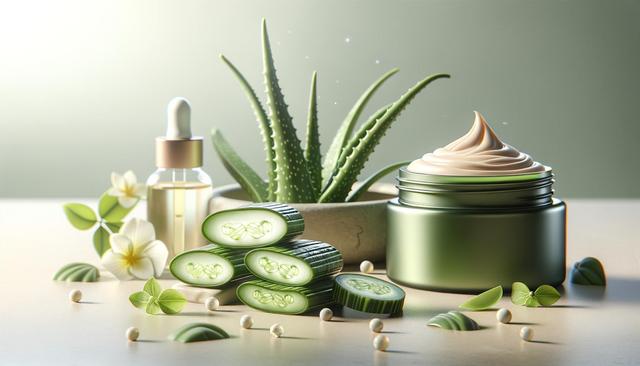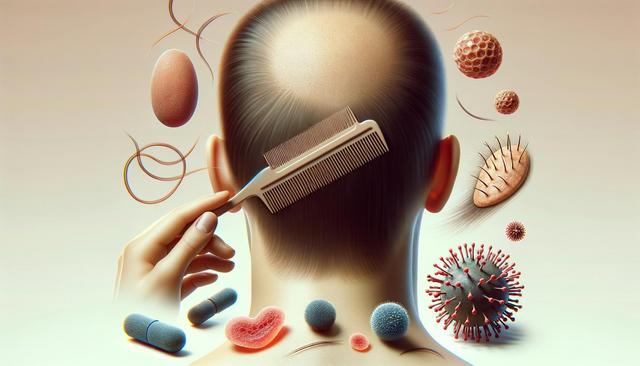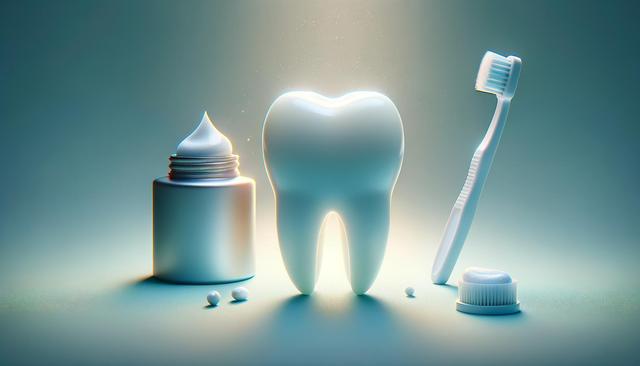Understanding the Causes of Wrinkles
Before diving into treatments, it’s essential to understand what causes wrinkles in the first place. Wrinkles are a natural part of aging, but several factors accelerate their development. These include sun exposure, smoking, dehydration, and repetitive facial expressions. Collagen and elastin, two proteins responsible for skin elasticity and firmness, decline with age, leading to sagging and the formation of fine lines. By targeting these root causes, wrinkle treatments can be more effective in slowing the appearance of aging.
External factors like UV rays and pollution also contribute to oxidative stress, which breaks down skin cells over time. Lifestyle choices such as diet, hydration, and sleep quality play an additional role in skin health. By addressing these influences, some wrinkle treatments are designed not just to reduce visible lines, but also to improve the overall condition of the skin. Understanding these causes allows for a more strategic approach when choosing treatments that genuinely help.
Topical Retinoids and Their Long-Standing Reputation
Among the most studied and widely recommended wrinkle treatments are topical retinoids. These vitamin A derivatives have a strong track record for stimulating collagen production and encouraging cell turnover. When used consistently, they can improve skin texture and reduce the depth of fine lines.
Some benefits of using topical retinoids include:
- Improved skin tone and texture
- Reduction in fine lines and wrinkles
- Unclogged pores and minimized breakouts
However, these products can also cause dryness and irritation, especially when first introduced to a skincare routine. To minimize side effects, it’s recommended to start with a lower concentration and apply every other night until the skin builds tolerance. Always follow up with sunscreen during the day, as retinoids can increase sun sensitivity.
Peptides and Hyaluronic Acid for Hydration and Firmness
Another well-regarded approach to wrinkle treatment involves the use of peptides and hyaluronic acid. Peptides are short chains of amino acids that signal the skin to produce more collagen. They are often included in serums and moisturizers aimed at firming the skin and reducing the appearance of fine lines.
Hyaluronic acid, on the other hand, is a powerful humectant that draws moisture into the skin, plumping it up and making wrinkles less visible. Products containing these ingredients often provide:
- Enhanced skin hydration
- Smoother and more supple texture
- Temporary reduction in wrinkle depth
Together, peptides and hyaluronic acid create a synergy that can help maintain a youthful complexion. These treatments are especially beneficial for those with dry or mature skin types looking for non-invasive options.
In-Office Treatments That Offer Visible Improvements
For those seeking more immediate or dramatic results, in-office treatments performed by dermatologists or licensed professionals can be a viable option. Procedures like micro-needling, chemical peels, and laser resurfacing are designed to stimulate collagen and renew the skin’s surface.
Popular in-office treatments include:
- Micro-needling: Uses tiny needles to create micro-injuries that trigger collagen production
- Chemical peels: Apply a chemical solution to exfoliate the outer layer of skin
- Laser resurfacing: Uses light energy to remove damaged skin layers and promote new growth
These procedures often require some downtime but can produce longer-lasting results compared to topical treatments. Consulting with a certified skincare professional is important to determine the most suitable procedure based on individual skin type and concerns.
Daily Habits That Complement Wrinkle Treatments
Even the most effective wrinkle treatments can fall flat if not supported by healthy daily habits. Skincare is only part of the equation; lifestyle factors greatly influence the condition of your skin over time. Staying hydrated, eating a balanced diet rich in antioxidants, and getting enough sleep all contribute to maintaining skin health from within.
Key habits that support wrinkle reduction include:
- Wearing sunscreen daily to protect against UV damage
- Maintaining a consistent skincare routine
- Avoiding smoking and excessive alcohol consumption
- Managing stress through mindfulness or exercise
These practices not only enhance the effectiveness of professional or at-home treatments but also help prevent new wrinkles from forming. Consistency is key, and integrating these habits into your routine can lead to noticeable improvements over time.
Conclusion: Choosing the Right Approach for Your Skin
There is no single solution for wrinkles that works for everyone, but a combination of proven treatments and healthy habits can make a significant difference. Whether you choose topical products like retinoids and peptides or opt for professional procedures, understanding your skin’s needs is the first step. By focusing on treatments supported by research and aligning them with a well-rounded lifestyle, you can work towards smoother, firmer skin in a realistic and sustainable way.


